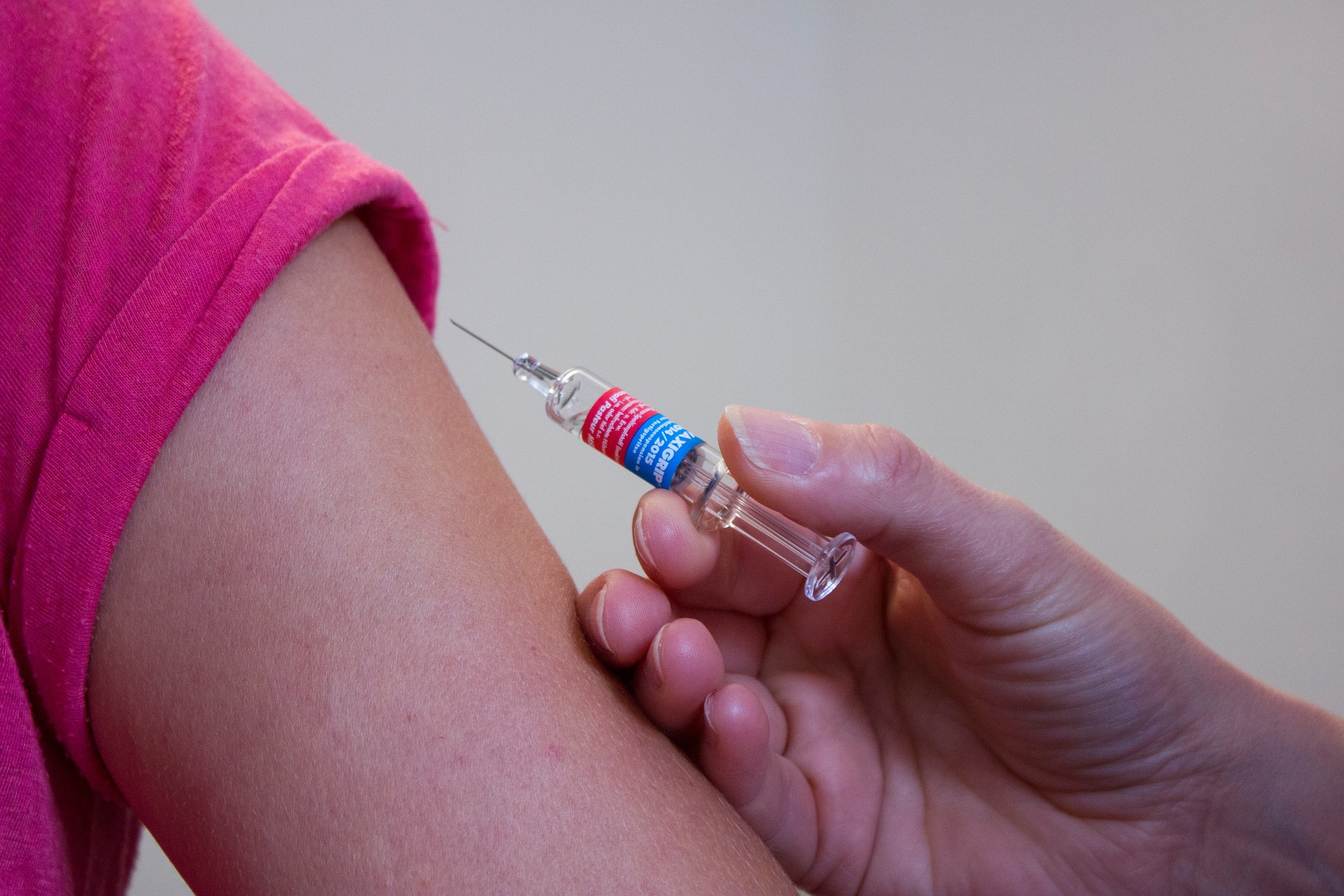 (Vatican News) The ongoing coronavirus pandemic has not only “exposed the plight of the poor and the serious inequality that reigns in the world,” but even exacerbated them, Pope Francis said at the Wednesday General Audience.
(Vatican News) The ongoing coronavirus pandemic has not only “exposed the plight of the poor and the serious inequality that reigns in the world,” but even exacerbated them, Pope Francis said at the Wednesday General Audience.
Continuing his catechesis on “Healing the World,” the Holy Father said our response to the pandemic must be twofold: “finding a cure for this small but terrible virus,” but also curing “a larger virus, that of social injustice, inequality of opportunity, marginalisation, and lack of protection for the weakest.”
In meeting that challenge, he said, we must always keep in mind the “preferential option for the poor.” This is not a political, ideological, or partisan option, he said. Rather, "the preferential option for the poor is at the centre of the Gospel."
Closeness to the poor
Following the example of Jesus, the Pope said, Christians “are recognised by their closeness to the poor, the least, the sick and the imprisoned, the excluded and the forgotten, those without food and clothing.” This, he said, “is a key criterion of Christian authenticity.” And he emphasised that it is not the duty only of a few, but of every Christian: “It is the mission of the Church as a whole.”
The preference for the poor is rooted in the virtues of faith, hope and love. Going beyond the bare necessities, “it implies walking together, allowing ourselves be evangelized by [the poor], who know the suffering Christ well, letting ourselves be ‘infected’ by their experience of salvation, their wisdom, and creativity.”
Going to the peripheries
Closeness to the poor, said Pope Francis, also implies working to overcome the “unhealthy social structures,” as we strive to return normality in the aftermath of the pandemic.
This “normality,” however, should not include returning to “social injustices and the degradation of the environment” that marks contemporary society, the Pope said. He lamented an economy focused on profits over people, arguing that “the preferential option for the poor, this ethical-social need that comes from God’s love, inspires us to conceive of and design an economy where people, and especially the poorest, are at the centre.”
Prioritizing those who have greatest need
Similarly, as treatments for the coronavirus become more widely available, society should prioritize those who have the greatest need, rather than those who have the most money, the Pope insisted. “How sad it would be if, for the Covid-19 vaccine, priority were to be given to the richest.”
Pope Francis also warned against the “scandal” of directing economic assistance during the pandemic primarily to “industries that do not contribute to the inclusion of the excluded, the promotion of the least, the common good, or the care of creation" - which he proposed as four criteria for determining which industries should be helped.
Changing the world
Looking ahead, Pope Francis said, “if the virus were to intensify again in a world that is unjust to the poor and vulnerable, then we must change the world.”
Pointing to the example of Jesus, “the doctor of integrated divine love,” the Holy Father said, “we must act now, to heal the epidemics caused by the small, invisible viruses, and to heal those caused by the serious and visible social injustices.”
Pope Francis proposed to accomplish this “by starting from the love of God, placing the peripheries at the centre and those who are least in first place.”
“Starting from this love anchored in hope and founded in faith, a healthier world will be possible.”
Source: Pope at Audience: Healing the world is an opportunity to build something better
